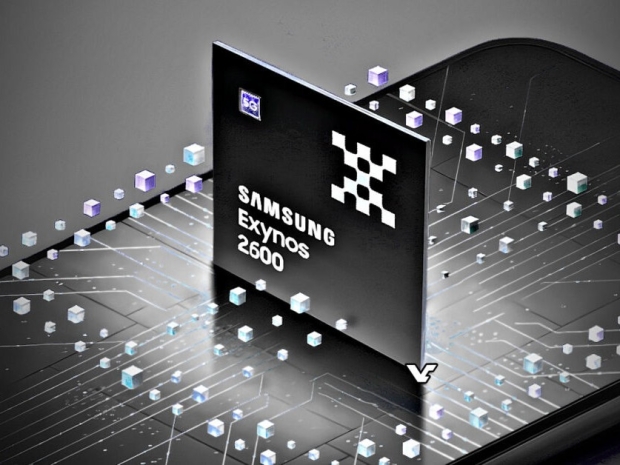Reports from industry insiders suggest the yields are inconsistent, with figures ranging from promising to problematic.
Early claims suggested that yields had reached around 50 per cent, a respectable start for a new process node. However, a more recent update paints a gloomier picture, stating that the initial wafer count is just 15,000 units, and one industry source has gone so far as to call the Exynos 2600 “premature.”
According to Dealsite, even with Samsung’s optimistic yield targets of 70 per cent, the current wafer production means the 2nm chip will only make it into around 30 per cent of Galaxy S26 shipments.
That is far below earlier expectations that half of the devices would feature Samsung’s in-house silicon, especially after the chip reportedly outperformed Qualcomm’s Snapdragon 8 Elite Gen 5 in internal tests.
The revised figures suggest that most Galaxy S26 models will instead ship with Qualcomm’s latest Snapdragon 8 Elite Gen 5, as Samsung continues to wrestle with the teething issues of its 2nm technology.
One industry insider familiar with Samsung’s plans said the first-generation 2nm GAA chip was “too premature” to be deployed across all three flagship variants. Previous chatter that even the Galaxy S26 Ultra would get the Exynos 2600 now looks highly unlikely.
Samsung is not putting all its 2nm efforts into the Exynos line. The company also plans to start pilot production of Tesla’s AI6 chip using the same process node. A company representative admitted, “Our goal is to increase yields to 50% by then,” confirming that progress on the new lithography is slower than hoped.
Despite the stumbles, some in the semiconductor sector see the Exynos 2600 and AI6 as vital stepping stones. They will help Samsung refine its 2nm process and potentially attract big-name customers like Qualcomm. Sources say the San Diego-based firm is currently evaluating 2nm GAA samples for future Snapdragon chips but is likely to tread carefully given the current yield issues.
Samsung still has time to turn things around, but unless its 2nm yields improve soon, TSMC will continue to dominate the cutting-edge chipmaking race, leaving Samsung to play catch-up in the battle for advanced semiconductor leadership.




